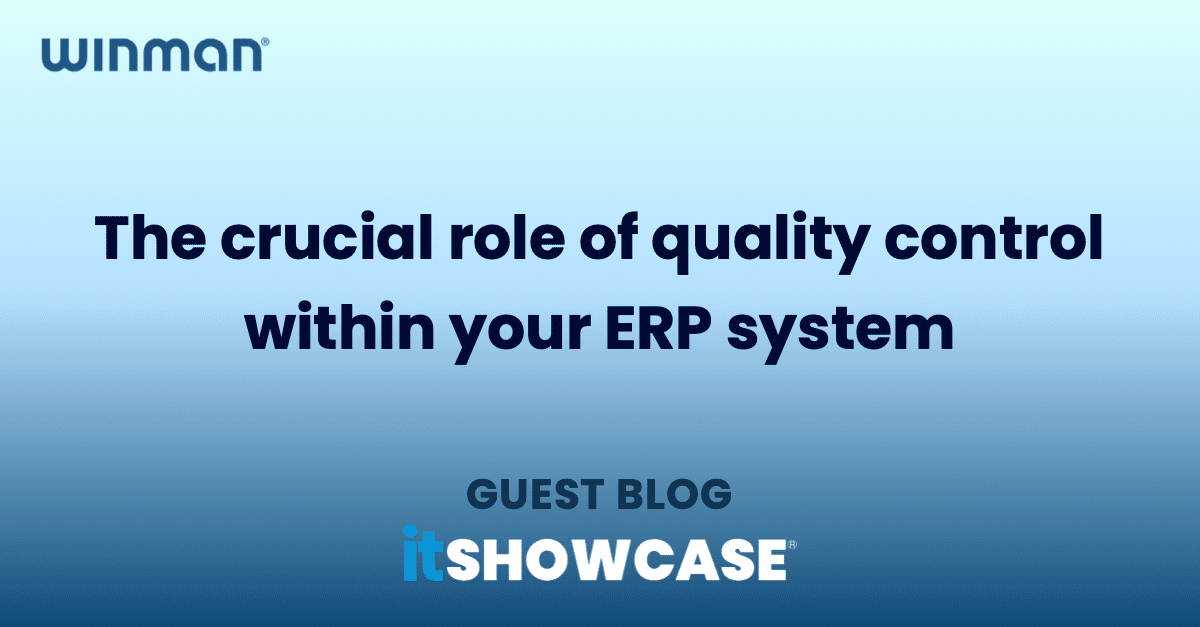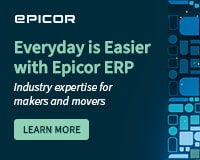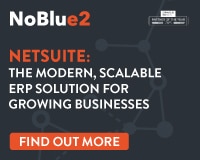Written by Winman – regular exhibitor at itSHOWCASE events
Quality control is important to have in your business for many reasons. It’s the bedrock upon which the industry’s reputation, customer satisfaction, and competitiveness rest. In an era of heightened expectations and stringent regulations, quality control is not just important; it’s essential. We will take a few moments to explore the critical role of quality control, showcasing its significance in ensuring product excellence and Industry longevity.
Customer satisfaction and retention
Quality control is paramount when it comes to satisfying customers and retaining their trust. High quality ensures that customers receive products that meet or exceed their expectations, leading to repeat business and positive referrals. On the other hand, poor quality can result in customer dissatisfaction, which can damage a company’s reputation.
Compliance and regulatory requirements
You are subject to various regulations and quality standards, including ISO standards and industry-specific certifications. Quality control processes are essential to ensure compliance also it enhances a company’s credibility in the marketplace.
Waste reduction and cost savings
Efficient quality control processes can significantly reduce waste within your operations. Detecting and rectifying defects early in the production process minimises the need for rework or scrap materials. This not only saves money but also contributes to environmental sustainability by reducing material waste.
Improved operational efficiency
Quality control is not solely about inspecting finished products; it also involves optimising processes. By continuously monitoring and improving processes, you can enhance operational efficiency, reduce lead times and meet delivery schedules more consistently. This, in turn, increases competitiveness in the marketplace.
Supply chain confidence
Quality control extends beyond the shop floor. It encompasses the entire supply chain, from raw materials to finished products. You need to ensure that materials sourced from suppliers meet quality standards. Effective quality control builds confidence in the supply chain, ensuring that products meet the desired quality even before manufacturing begins.
Enhanced employee morale
Job satisfaction and employee morale are improved as employees see that their work contributes to high quality products, they are more engaged and motivated. Employees’ skills and knowledge can be boosted with the correct training and involvement in quality control efforts. It is important to invest in employee engagement.
Competitive advantage
In a competitive market, product quality can be a significant differentiator. If you consistently produce high-quality products, you can gain a competitive advantage. Quality becomes a selling point that attracts customers and sets you apart from competitors
What is ERP and how can it help you meet these requirements?
Enterprise Resources Planning tools are designed to automate and streamline processes.
Below are a few ways an ERP system can help support your business in achieving a high level of quality control.
An ERP system can help provide real-time visibility into production processes, enabling companies to monitor quality at every stage. This ensures the products meet or exceed customer expectations, leading to higher satisfaction and retention rates. Providing ease when it comes to meeting regulations as there are modules and features to help meet these standards smoothly by presenting evidence to auditors.
Furthermore, ERP also has features and modules in place to help meet quality control criteria such as Quality Control and inspection modules; Non-Conformance Management; Document Control; Data Analytics and reporting.
You can automate your routine tasks for your staff, so they don’t have the burden of manually entering data or managing paperwork. This frees up their time meaning that they can concentrate on high importance tasks.
In conclusion, quality control is the foundation of helping your business thrive. Providing you with numerous benefits to continue achieving success. By embracing an ERP system, you would be investing in the future of your business, as an ERP system provides flexibility, adaptability, and scalability to enhance your lean processes, enabling you to efficiently meet your market demands.
Written by Winman – regular exhibitor at itSHOWCASE events






